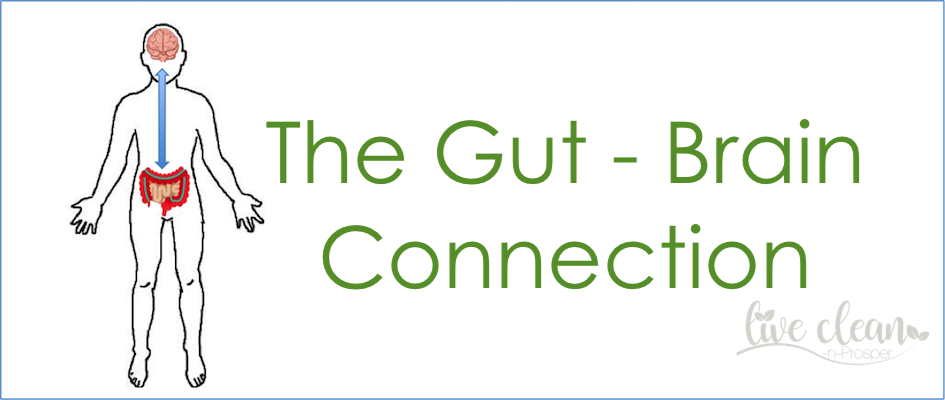Todays post is about coffee and caffeine.
Recently Scott came home from a day at university and declared he was giving up coffee, or to be more precise, caffeine. He explained that one of the lectures he attended was about the effects of caffeine on the body.
This was the start of several discussions and I wondered how much information was available on this subject.
A search of the Internet provides a massive amount on information about coffee and caffeine. Most is about how good it is. There is less information about any down sides.
First, what is Coffee?
Coffee beans are the seeds of a fruit called a coffee cherry. Coffee cherries grow on coffee trees from a genus of plants called ‘Coffea’. There are a wide variety of species of coffee plants, ranging from shrubs to trees.
Coffee beans start out green. They are roasted at a high heat to produce a chemical change that releases the rich aroma and flavour that we associate with coffee. They are then cooled and ground for brewing.
The result is an intricate mixture of more than a thousand chemicals. The cup of coffee you order from a coffee shop is likely different from the coffee you make at home.
About the caffeine
Caffeine is a psychoactive substance that occurs naturally in the fruit, leaves, and beans of coffee, cacao, and guarana plants. It is also added to some beverages and supplements.
It is absorbed within about 45 minutes after consuming, and peaks in the blood anywhere from 15 minutes to 2 hours. The caffeine in beverages is quickly absorbed in the gut. From there it dissolves into both the body’s water and fat molecules. It is then able to cross into the brain.
Food or food components, such as fibre, in the gut can delay how quickly caffeine in the blood peaks. It can remain in the blood anywhere from 1.5 to 9.5 hours, depending on various factors.
According to many studies, moderate intake can promote a variety of health benefits, including a lower risk of certain cancers, brain conditions, and liver problems.
Is caffeine bad for us?
Caffeine consumption also carries several risks and the human response to it can vary substantially across individuals. Low to moderate doses (50–300 mg) may cause increased alertness, energy, and ability to concentrate.
This is due to the caffeine increasing the neurotransmitters for memory, concentration and pleasure.
However, research has also linked moderate amounts of caffeine to adverse effects on health.
In 2013, the results of a study showed that consuming as much as 300 mg of caffeine a day during pregnancy may increase the risk of having a baby with low birth weight.
In 2015 a study identified several negative effects of consuming more than 400 mg of caffeine per day. The adverse effects include reduced blood flow to the brain and heart, irregular and/or rapid heart rate as well as reducing the body’s ability to recycle and absorb calcium.
Some symptoms of increased caffeine consumption include anxiety, restlessness, insomnia and tremors.
Interestingly, these effects can also be present when people withdraw from caffeine.
Then there was also a wide range of studies that suggested that the cognitive benefits of caffeine are actually associated with relief from withdrawal, rather than with improvement in function.
To drink coffee or not?
It appears that more research is necessary to confirm whether long-term caffeine consumption is safe. Whether it provides benefits or increases the risk of health problems. At the end of the day, it is how the individual feels when they do, or don’t drink coffee.
On a personal note Scott only drank, on average, 2 cups of coffee a day so he didn’t think that giving up coffee would be noticeable. However, on the day he decided to stop drinking coffee, he experienced headaches, was jittery and quite grumpy. Thankfully these symptoms only lasted one day.
Now Scott is drinking decaffeinated coffee. He states that he his head feels clearer with less brain fog and generally feels better overall.
Till the next post,
Live clean n Prosper.
Sources – US National Library of Medicine, Harvard School of Public Health, Science Direct, Medical News Today



